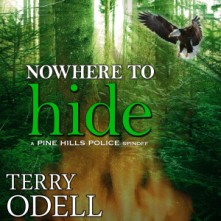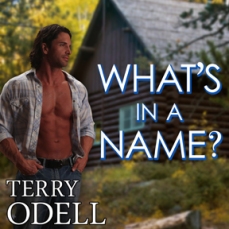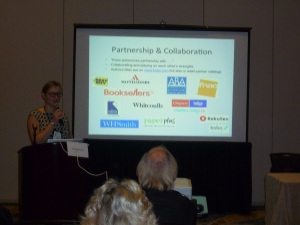Teaming up for Cross Promotion with Nancy J. Cohen, Libby Fischer Hellmann, Erin Mitchell and moderated by Maggie Toussaint
This is my last recap of panels from SleuthFest 2104. These are my interpretations and notes, and any misstatement is my error. Photos are viewable from my Facebook Page. Like my page, then click on Photos, Albums, and SleuthFest 2014.
Erin says cross-promotion works best when there’s something in it for everyone. When you have an audience, you have something to bring to the table. Readers are a good resource. Ask them questions and engage them directly. Know where you can find them. The purpose is to build your brand. Write some valued content and distribute it into various venues.
I discussed my lifeboat team, Booklover’s Bench. We’re a team of seven multi-published authors who have a website together where we offer monthly contests, behind-the-scenes glimpses of our working life, excerpts, profiles, and more. We cross-promote by offering prizes for each other’s contests in some cases as well. Measurable results include increased numbers of names for our mailing lists, added Likes to our Facebook author pages, more followers on Twitter, additional Likes on our Amazon author pages, and having our books placed on Goodreads TBR lists.
I’m also a regular blogger on The Kill Zone, a blogging site with 11 mystery/thriller authors where we offer writing instruction, publishing advice, and marketing tips along with our musings on The Writing Life.
Libby cautions that you should be careful and must really like the work of people in your group. Some may be more invested than others. Personalities are important. She belongs to a group of suspense writers, both hybrid and traditionally published authors who’ve moved on to self-publishing. They have done a round robin story together, two anthologies, and a how-to write crime fiction work. They’ve tweeted and shared posts on FB for each other. One advantage of a sizable group is that they can negotiate terms with online book retailers.
Her group invested money to hire a website designer who also maintains their site. They also paid for a cover designer on the anthologies. Their income helps counter expenses. They have rules for dissolution in their LLC’s operating agreement or for dissolving the LLC in the future. This helps members take their commitment seriously.
Libby recommends the following blogs:
Maggie and Nancy from Booklover’s Bench.
This concludes my SleuthFest report. I hope you have enjoyed these summaries and will consider attending in person next year! Keep watch for details at http://mwaflorida.org/










